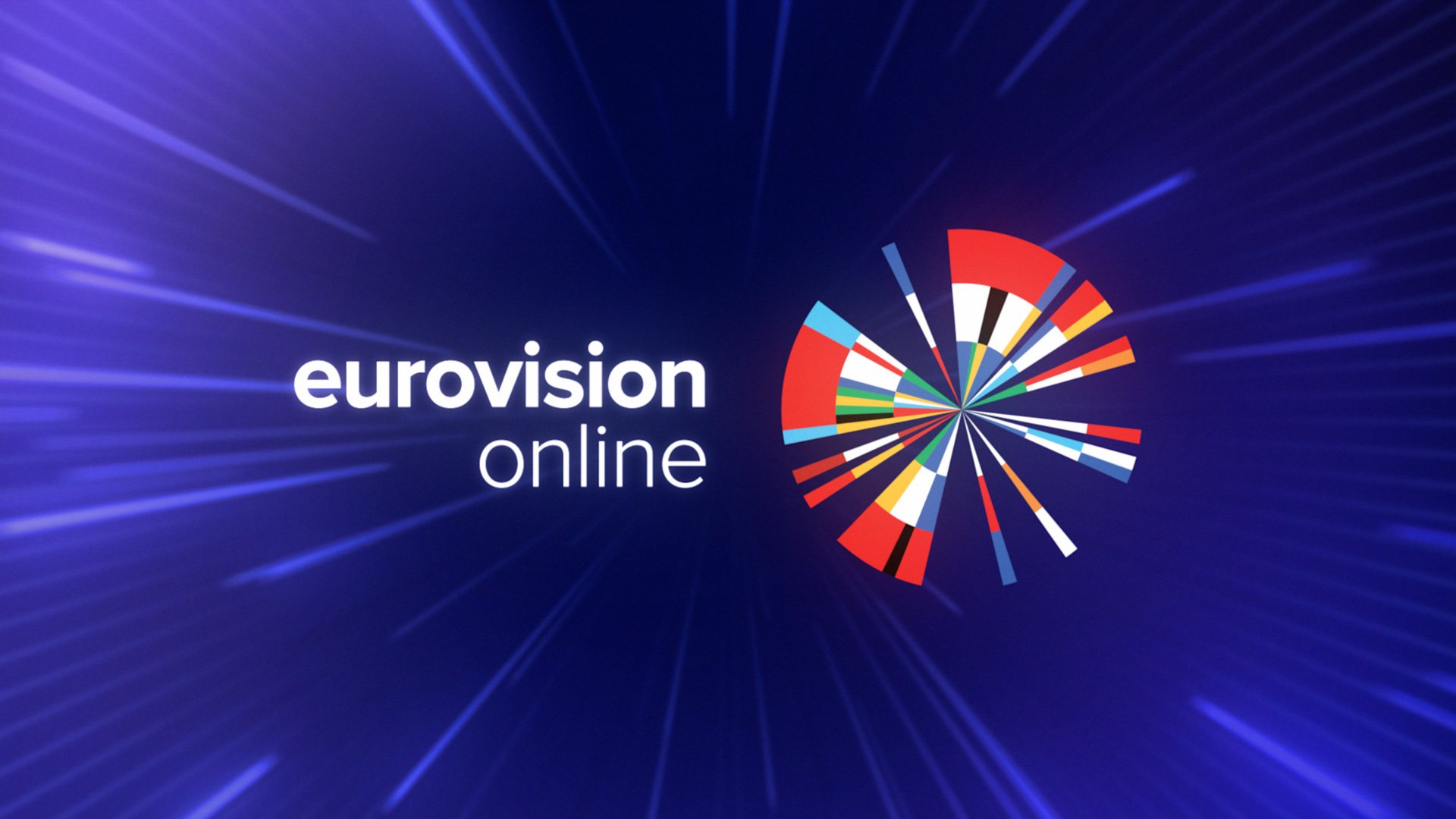EurovisionOnline

Information
EurovisionOnline was an unofficial, volunteer-produced competition that aimed to honour the artists set to perform in the 2020 Eurovision Song Contest.
In Eurovision, European countries (and Australia) battle it out to determine which country has the best original song. Originally broadcast in 1956 to bring Europe together after the second World War, its bizarre acts and complex geopolitics have made it a cultural phenomenon, watched by over 180 million people every year.
That is, until COVID-19 forced Eurovision to be cancelled for the first time in 64 years. An unofficial, online competition was then created by Eurovision fans, for Eurovision fans.
An international effort
A small team worked hard to create a tribute to Eurovision, following the strict structure that governs the official contest. Producers, directors, editors, coders, sound designers and social media managers volunteered their time over the course of 3 weeks to produce three, 2 hour-long live broadcasts that aired across multiple nights.
The concept for the package all stems from the EBU's official Eurovision 2020 logo. It's inspired by the logo's relative simplicity, with its sharp lines and flat colour. This influence can be seen everywhere - in the transitions, lower thirds, song intros, background loops and more.
The Starfield is the unifying feature - we break the logo up into pieces and stretch them through space to create constant movement and flow. It gives us a solid base for many of the graphics, supporting important voting information and creating visual interest.
Honouring each performance
In Eurovision, there's always a dramatic light & sound sting, so we based ours on the proposed stage design for the 2020 contest. Lights are placed around the expansive angular "screen", bordered by a glowing LED array.
In the real contest, the stage is usually unlit to allow for performers and their props to enter before their song begins. However, in the spirit of an online, audience-free competition, we differentiated ours by using the entire screen, with the starfield taking centre stage.
Getting technical
Technology limitations meant we couldn't use a realtime compositing system for any of the voting graphics. Making this more difficult was the live voting during each broadcast - how could we get an animated scoreboard with accurate results within 15 minutes?
The answer? Code. I developed After Effects templates that would take voting data and automatically sort, organise and generate each scoreboard. They automatically trigger animations at specific points - mirroring the format used at the official contest.
The entire process takes 8 minutes from data input to delivery, with no manual entry or keyframing required. Without this complex code, scoreboards would have been impossible to deliver by the deadline.
The results
Fans loved our replacement contest. It was amazing to work with a hugely talented team, co-ordinating across timezones to produce a show to make people happy in a tough time for many.
We hope we did the artists proud, and are grateful that we could bring attention to their fantastic performances.
Credits
-
Executive Producers
- Michael Jones-Gómez
- Fin Pointing
-
Consulting Producer
- Alex Kolb
-
Host
- Michael Jones-Gómez
-
Director
- Fin Pointing
-
Editors
- Fredrik Huang
- Steven Gaborieau
-
Graphics Producer
- Sam Mularczyk
-
Technical Producer
- Jakub Ratzka
-
Voting Producers
- Matthew Low
- Lenart Bučar
-
Social Media Producer
- Linnea Andersson
-
Music & Sound Design
- Oskar I Larsson
Back to menu